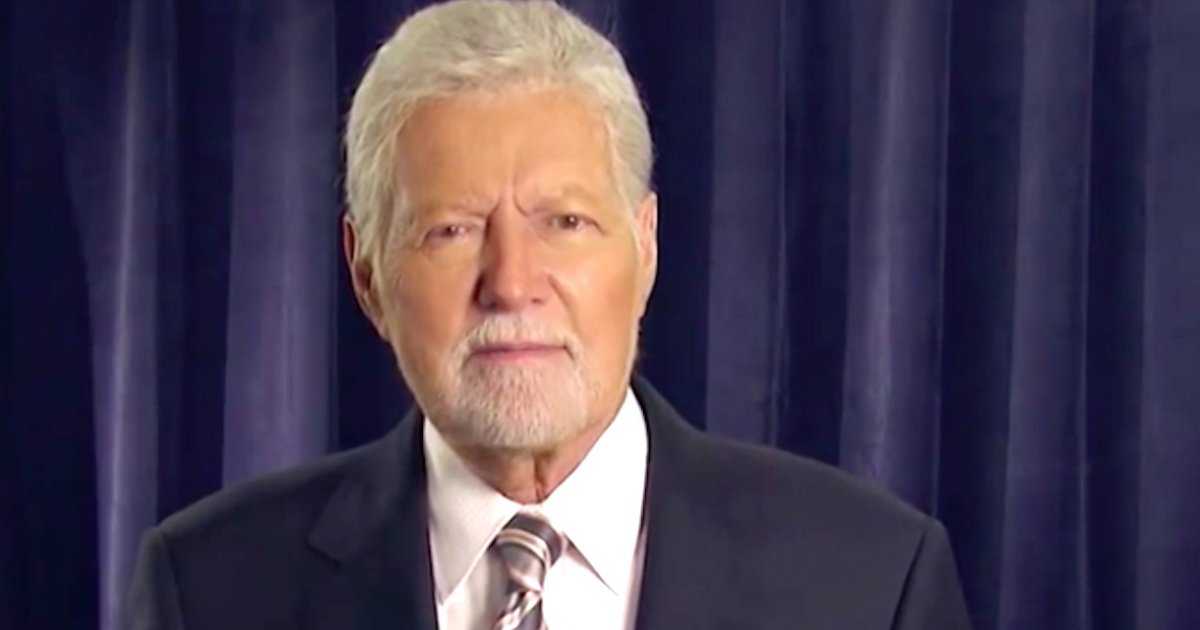Alex Trebek's Influence
- Julie Fleshman, the President and CEO of Pancreatic Cancer Action Network, tells SurvivorNet that Alex Trebek’s honesty about his pancreatic cancer battle increased awareness about the disease and made more people search for resources.
- After a year and a half of battling the disease, Trebek recently passed away at 80-years-old.
- Fleshman says patients should consider clinical trials at every step of their cancer battle.
“We saw a tremendous spike in people coming to our website around [Trebek announcing his cancer diagnosis],” Julie Fleshman, the President and CEO of Pancreatic Cancer Action Network (PanCAN), tells SurvivorNet. “People called into our patient services program which I always think is one of the most important results. People were calling us to get information and resources. We saw a significant impact in numbers across the board.”
Read MorePancreatic cancer is known as one of the most difficult types of cancers to treat, and a lot of it has to do with the fact that early-stage diagnoses are extremely rare. In Trebek’s case, and like so many others, symptoms often don’t present themselves until the disease has spread. This leads more late-stage diagnoses, and therefore treatment options can be more limited. However, Trebek discussing his symptoms has made people more vigilant about taking control of their own health.
Dr. Anirban Maitra explains why detecting pancreatic cancer early is crucial
“We’re just so lucky that Alex was willing to share his very personal journey with this disease publicly,” Fleshman says. “That brought so much hope to so many patients and family members. Also, just the general awareness that Alex brought to the disease. We’ve actually heard stories about individuals hearing Alex talk about the symptoms, and what he experienced before he was diagnosed, and realizing they were having some of those same symptoms and went to their doctor and were diagnosed with pancreatic cancer. They were diagnosed earlier than what they would have been if they hadn’t heard Alex talk about his experience.”
Turning to Clinical Trials
The one-year survival rate for pancreatic cancer is just 9%, and Trebek beating the odds by passing that milestone inspired so many others that they’re fights are not over. In addition to discussing symptoms he experienced, he also shared treatments he went through during the process. Initially he went through chemotherapy, but later turned to an experimental therapy which helped save Senator Harry Reid’s life.
This experimental therapy was developed by Dr. Patrick Soon-Shiong, and is considered quite unconventional compared to other treatments. Instead of turning to chemotherapy or radiation, which is considered standard, Dr. Soon-Shiong’s therapy is a new form of of immunotherapy which attempts to use multiple parts of the immune systems to destroy tumors. In order to do this, one needs to expose the tumor by activating three cells in the body the natural killer cell, the T cell, and macrophage.
Clinical trials can be life-saving resources for many people, and Fleshman recommends every pancreatic cancer patient consider experimental therapies no matter where they are in treatment. “I’m grateful again to Alex for talking about the fact that he did go on a clinical trial as part of his overall treatment journey and he didn’t give up,” Fleshman says. “I think that’s one of the important messages.”
Dr. Patrick Soon-Shiong explains the science behind his experimental therapy
More Work to Be Done
When it comes to tackling a cancer diagnosis, knowledge is power. Thanks to Trebek, a lot more people know about what to look for, and treatment options, for pancreatic cancer, but of course more work needs to be done. This involves fundraising, research, detection methods, and connecting patients to reliable and trustworthy resources. Additionally, Fleshman says community outreach is key especially since pancreatic cancer is more common in Black and Latin communities.
There are still considerable challenges to screening for pancreatic cancer. This is mainly because the pancreas is located deep inside the body and therefore tumors aren’t as prominent as they are with other types of cancer such as breasts or melanoma. However, research and clinical trials are still being done to make treatment options safe and accessible.
Dr. Allyson Ocean explains why pancreatic cancer is so hard to treat
Learn more about SurvivorNet's rigorous medical review process.


